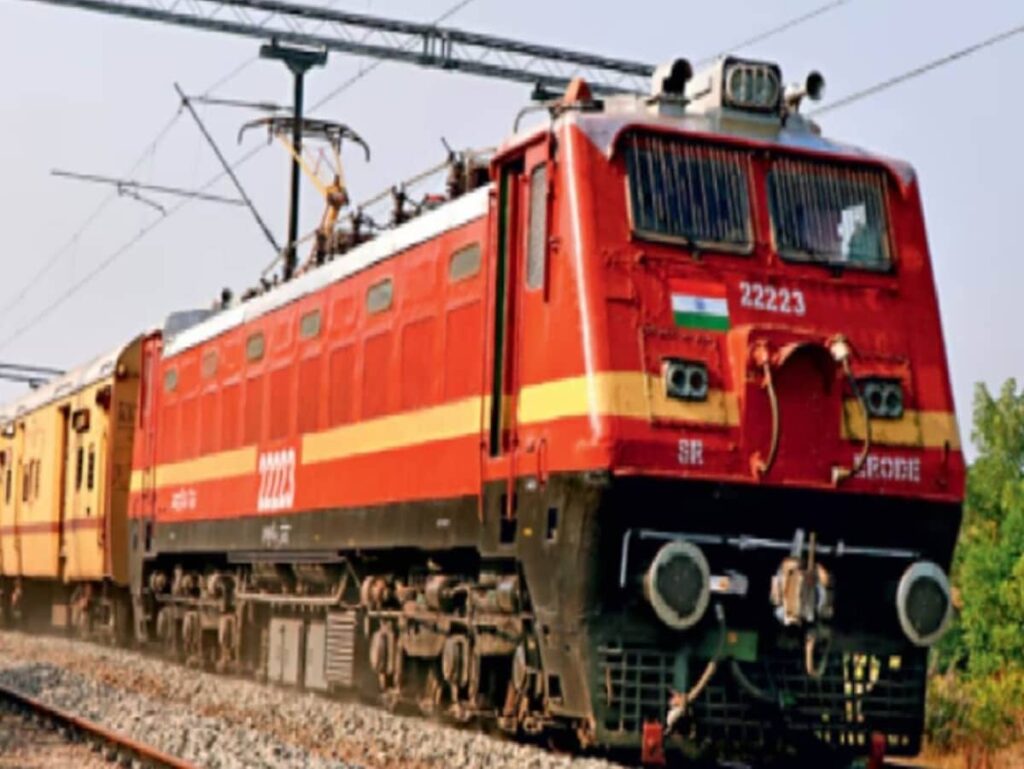The Indian government has recently made a significant decision regarding the recruitment process for officers in the Indian Railways. On October 5, the government approved that the recruitment of officers will be conducted through the Civil Services Examination (CSE) and Engineering Services Examination (ESE). The responsibility for conducting these recruitments will fall under the Union Public Service Commission (UPSC), ensuring a streamlined and standardized selection process for Group A officers in the railway sector.
Significance of the Decision
This decision is pivotal for several reasons:
- Standardization: By utilizing established examinations like CSE and ESE, the recruitment process will maintain consistency and transparency.
- Quality of Officers: The selected candidates will possess a high level of competency, as these examinations are rigorous and well-recognized.
- Enhancing Public Trust: With UPSC overseeing the recruitment, there will be greater public confidence in the integrity of the selection process.
Details of the Recruitment Process
Exam Structure
The Civil Services Examination and the Engineering Services Examination have distinct structures aimed at evaluating different skill sets. Here’s a closer look at each:
| Examination | Subjects | Selection Stages |
|---|---|---|
| Civil Services Examination (CSE) | General Studies, Aptitude, Optional Subjects | Preliminary Exam, Mains Exam, Interview |
| Engineering Services Examination (ESE) | Engineering Disciplines (Civil, Mechanical, Electrical, Electronics) | Stage I: Preliminary Exam, Stage II: Mains Exam, Interview |
Eligibility Criteria
To qualify for these exams, candidates must meet specific eligibility requirements:
- Age Limit: Typically between 21 to 32 years, with some age relaxations for reserved categories.
- Educational Qualifications: A degree in Engineering or a relevant field for ESE; for CSE, a graduate degree in any discipline is necessary.
Future Implications for the Railways
The recruitment of quality officers through such competitive exams is expected to have long-term positive effects on the Indian Railways:
- Operational Efficiency: Well-trained officers will lead to improved management and operational efficiency.
- Innovation and Technology: Officers with strong engineering backgrounds are likely to embrace new technologies and innovations within the rail sector.
- Service Delivery: Enhanced leadership and management practices can improve passenger service and overall customer satisfaction.
Conclusion
In conclusion, the government’s decision to recruit railway officers through the Civil Services Examination and Engineering Services Examination is a strategic move that promises to enhance the efficiency and efficacy of the Indian Railways. By ensuring a rigorous selection process overseen by the UPSC, the railways can expect to onboard a cadre of capable and competent officers, ultimately benefiting the entire transportation ecosystem in the nation.
